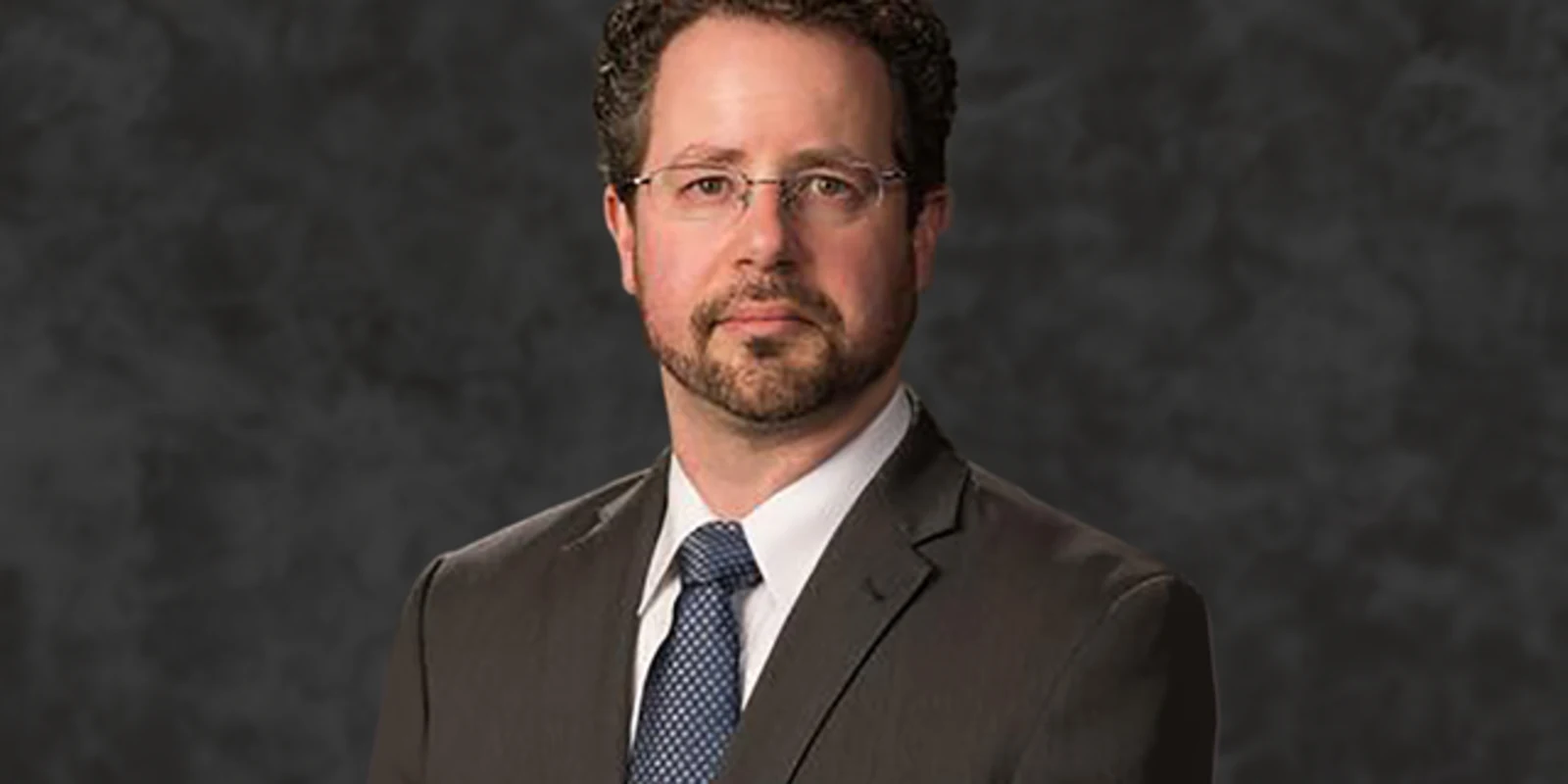
Name: Jason Rosenbaum, MD
Specialty: Pathology
Education: University of Wisconsin, Northwestern University Feinberg School of Medicine
Areas of Expertise: Molecular Genetics, Anatomic Pathology, Clinical Pathology
Current Position: Assistant Professor, University of Pennsylvania Perelman School of Medicine; Associate Director, Molecular Genetic Pathology Fellowship
1. Why did you choose pathology?
I came from a very basic science background — my first publication was on a small dinosaur called Scutellosaurus. I went to medical school because I felt PhD research was too narrowly focused, and I wanted a more global appreciation of biology and disease. I chose pathology because it was the best blend of clinical practice with scientific rigor. During my very first residency interview, a prominent faculty member asked if I was interested in Molecular Genetic Pathology. I pretended I knew what she was talking about, then went home to look it up. It has been an excellent fit, and I’m very happy with how things turned out.
2. What area of pathology is changing most rapidly?
The whole specialty of Molecular Genetic Pathology changes constantly. The technology, the relevant clinical findings, the regulatory guidelines, and everything else are in constant flux. It’s exciting, but it can also be difficult to remain current, let alone stay ahead of the curve.
3. What is the last journal article or piece of research that significantly changed your practice?
The most significant recent change is the FDA’s approval of pembrolizumab to treat tumors with evidence of the microsatellite-instability high (MSI-H) phenotype or deficiency in mismatch repair (dMMR), irrespective of tissue of origin. The approval precipitated a lot of interest in MSI and dMMR testing. There are existing assays, of course, but many would like to see MSI testing integrated into multi-gene sequencing panels. We are still determining how best to serve our patients in this area.
4. What are your research interests?
I’m interested in clinical implementation and refinement of assays using massively parallel sequencing (also known as next-generation sequencing or NGS). My recent work focuses on the detection of structural rearrangements and oncogenic transcripts. I have a new manuscript on this topic coming out soon in Modern Pathology, and several more in various stages of preparation. I don’t restrict myself to a specific disease or mutation, though. I’m most interested in improvements to the technology and its implementation. Other projects I’m involved in investigate the patterns of mutations (as opposed to individual mutations) as they relate to specific disease processes.
5. Outside of your daily practice, do you have any personal or professional projects that you’re passionate about? Please explain in detail.
I have young children, so I spend most of my free time with my family. They are always my most important project.
6. Tell us a little about your work as a pathologist at the Center for Personalized Diagnostics.
We use massively parallel sequencing (also known as next-generation sequencing or NGS) to interrogate multiple genes involved in carcinogenesis simultaneously. We currently sequence about 4000 clinical specimens a year, and the volume continually increases as we accept more specimen types and adopt new assays. We currently run a Hematologic Malignancy Panel, a Solid Tumor Panel, and recently launched a Fusion Transcript Panel, which I helped develop and validate. My daily routine is variable, but I spend most of my time signing-out clinical cases, implementing new assays, and teaching.
7. Who are your mentors?
Ricardo Lloyd and William Rehrauer at the University of Wisconsin Hospital and Clinics provided invaluable support and guidance during my residency. Eric Duncavage at Washington University in St. Louis taught me the ins and outs of the practice of Molecular Genetic Pathology, and continues to offer support and advice. Kojo Elenitoba-Johnson helps me manage my current position and guide me in test development and laboratory management. He is also my division chief and the incoming president of the Association for Molecular Pathology (AMP), so he offers a unique perspective on different aspects of this career path.
8. What’s the best advice you’ve ever received?
“Don’t think about where the ball is, think about where it’s going to be.” My dad would say that when he was trying (with limited success) to teach me to play sports. I was never very accomplished on the playing field, but that lesson continues to serve me well in my career. I’m constantly thinking about where the field of Molecular Genetic Pathology is heading, and how I should position myself and my lab to our best advantage. Dads know some good things.
9. What has been your most gratifying moment of being a clinician?
My most gratifying moment was when I realized that a test I helped to develop and implement was really going to help people, and that even if I had to stop working the very next day, that new test would continue to help people. Also, lunchtime is pretty good.
10. If you weren’t in this specialty, what specialty would you have pursued? If you weren’t a clinician, what would you do?
If I weren’t a molecular pathologist, I might have pursued pediatric pathology. If I weren’t in pathology at all, I might have pursued anesthesiology. If I weren’t a physician, I would have been a writer. The only things I always wanted to be are a father and a husband.
11. What are your favorite Doximity features and how have they helped your productivity (Dialer, DocNews, Career Navigator, e-Fax, etc.)?
I like maintaining connections with colleagues from training who have moved on to disparate subspecialties and geographic locations.




